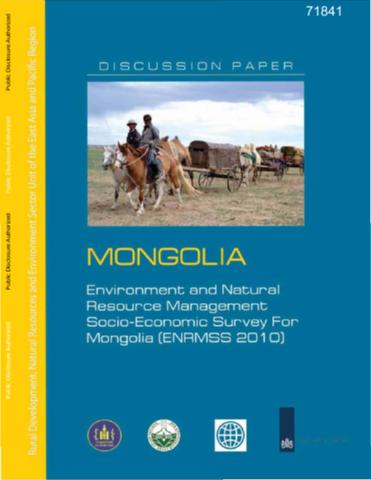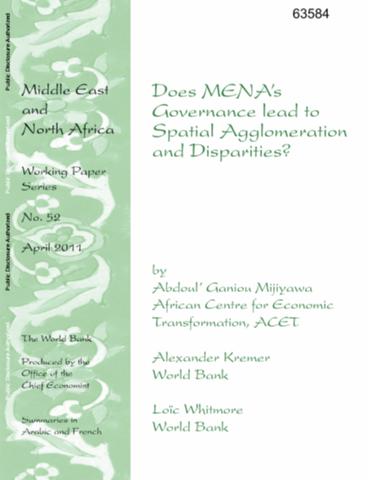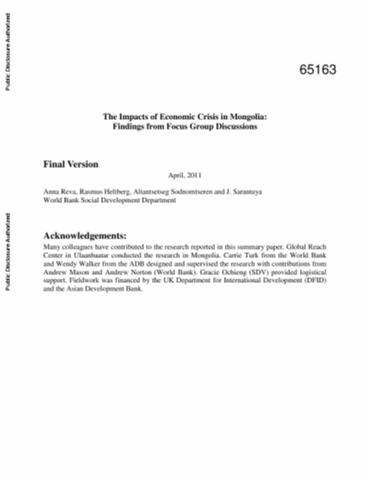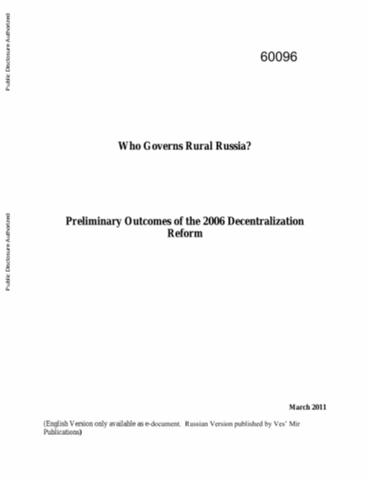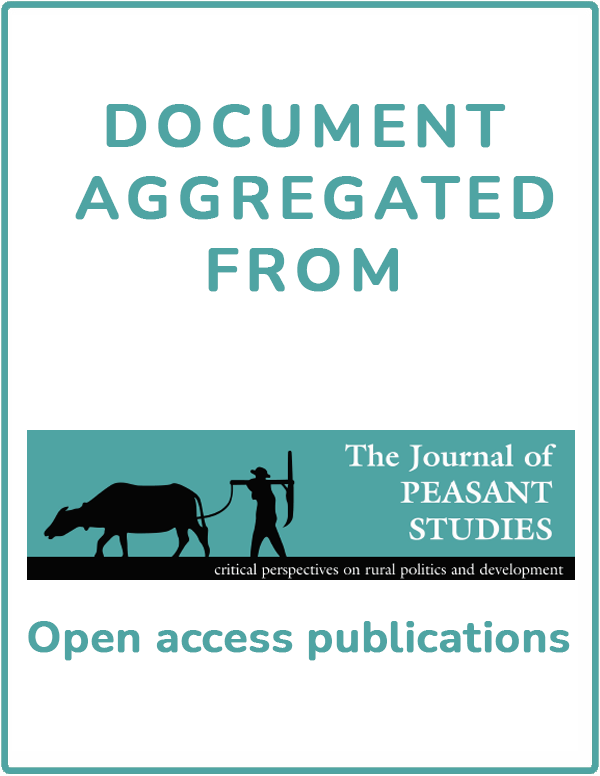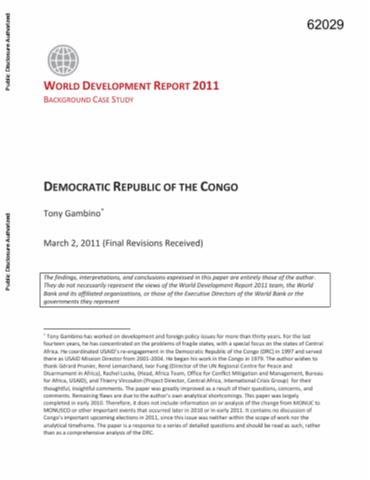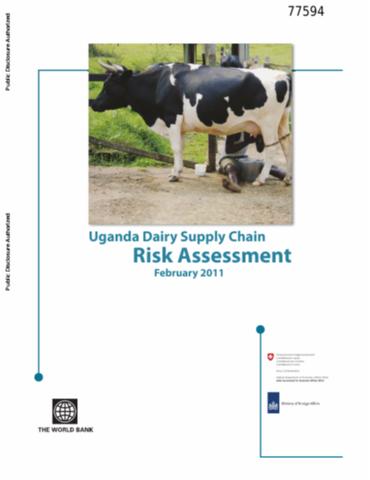Gendered land rights in the rural areas of Namaqualand: a study of women’s perceptions and understandings
Focuses on women’s perceptions of land rights in the communal areas of Namaqualand in the Northern Cape. Explores the links between patriarchal social systems and women’s conservative attitudes towards holding land and shows how current policy processes and legislation allow local customs to continue to entrench gender discriminatory practices. Findings indicate that women are disadvantaged by historical norms, values and attitudes, which afford them only secondary rights to land.



